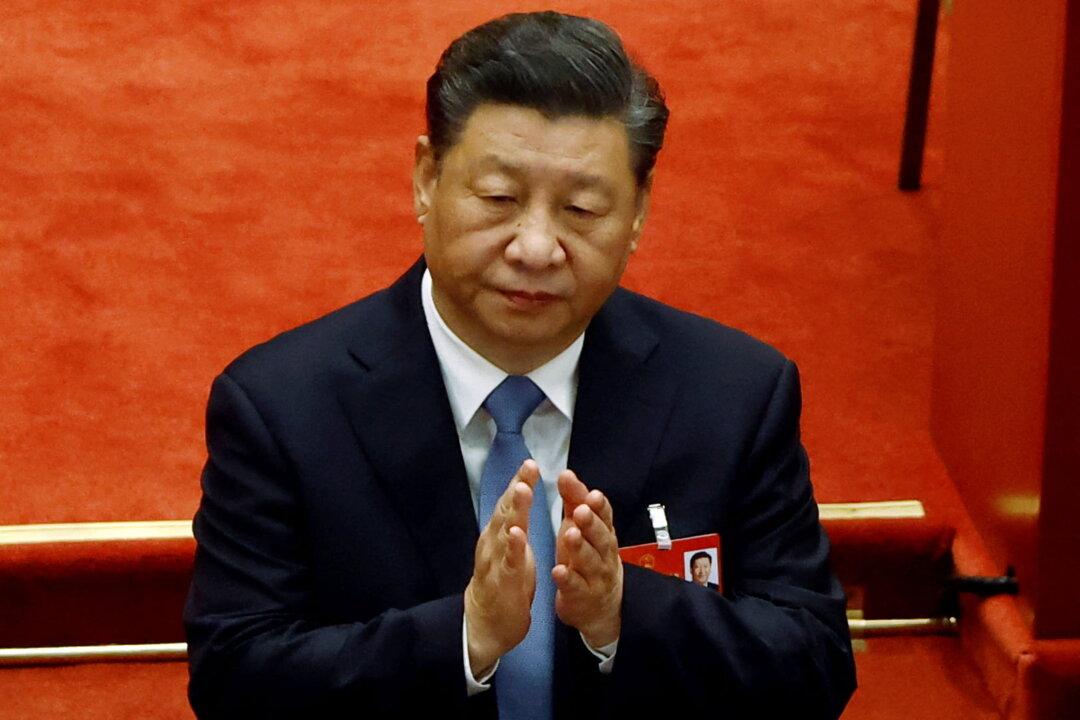Commentary
Russia’s invasion of Ukraine has created serious pressure on China and particularly on Chinese Communist Party (CCP) leader Xi Jinping, as evidenced by the recent spate of speculations about Xi losing power.

Russia’s invasion of Ukraine has created serious pressure on China and particularly on Chinese Communist Party (CCP) leader Xi Jinping, as evidenced by the recent spate of speculations about Xi losing power.